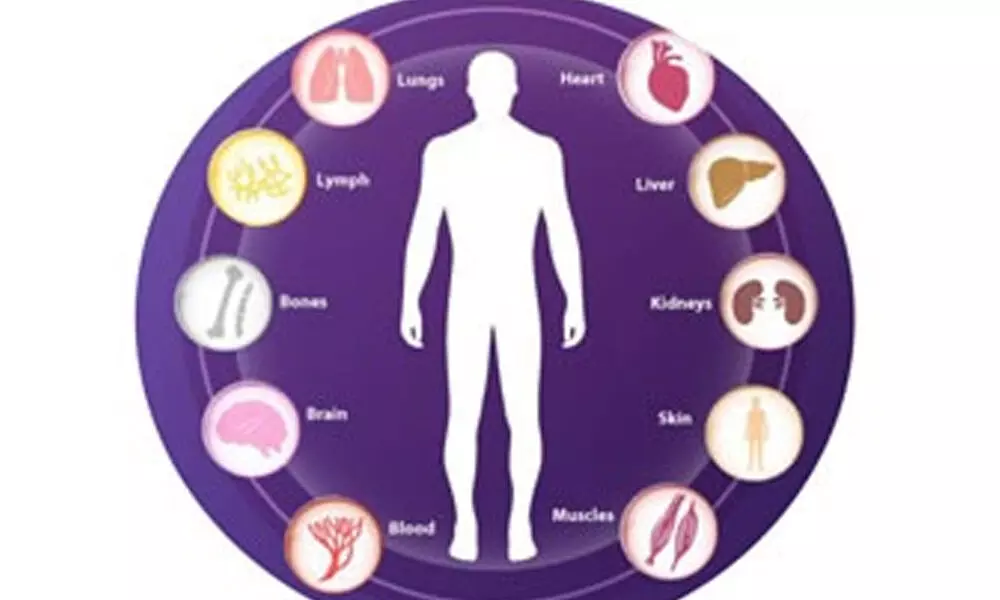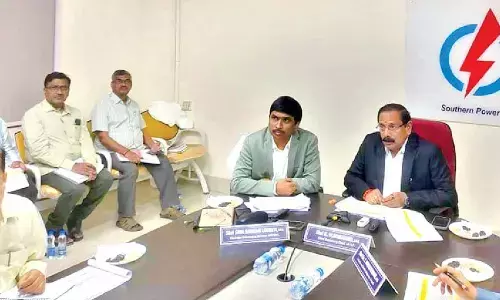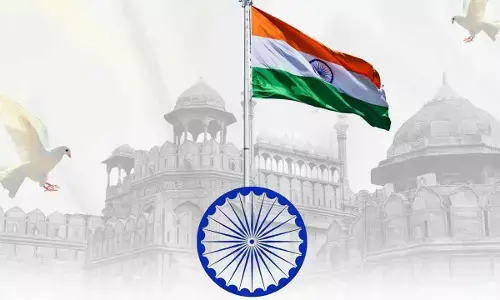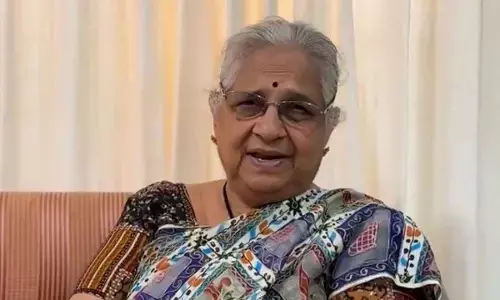Preventive health screening can drastically reduce India's disease burden

Preventive health screening can drastically reduce India’s disease burden
Catching diseases early through preventive health screening is a much more effective and inexpensive solution to improve health parameters of society compared to billions of dollars being spent to create massive healthcare infrastructure geared for treatment when diseases have progressed to advanced stages undetected.
Bengaluru: Catching diseases early through preventive health screening is a much more effective and inexpensive solution to improve health parameters of society compared to billions of dollars being spent to create massive healthcare infrastructure geared for treatment when diseases have progressed to advanced stages undetected. Rather than looking at it as just the government's job, collective effort is needed to be aware of potential disease threats and undergo preventive screening regularly to make a healthier society, said Dr Tausif Ahmed Thangalvadi, Medical Director, NURA, a collaboration between Fujifilm Healthcare and Dr Kutty's Healthcare offering AI-enabled imaging and expert healthcare at Bengaluru.
Dr Tausif added, "It's not possible to get exact number of preventive health screening tests done in India because this category is very fragmented. However, as per market trends, the number of preventive health tests done each year in India may roughly be around 20-30 lakhs. With addition of online players, this figure would have seen a steep increase in recent years. Yet, this is miniscule compared to the total size of the population. In developed countries, there are clear set of rules to regulate the lists of tests to be done for specific targeted population group and frequency of these check-ups. This is missing in India."
Heart diseases are the topmost killers in India, followed by cancer and chronic obstructive pulmonary disease (COPD). In cancers, breast, oral, cervical and lung cancers lead the number. "Tests for these diseases should be added in each preventive check-up.
It is important to have very sensitive techniques to identify these diseases at early stages. Technologies like ultra-low-dose radiation backed by AI software can help build such accurate solutions," said Dr Tausif.
He noted that excess of visceral (abdominal) fat deposition is primary reason for a range of chronic diseases like diabetes and hypertension. "Screening for visceral fat is not part of most preventive check-ups due to low awareness. It is important for people to get their belly fat screened regularly to prevent several lifestyle diseases. Image-based technologies are best for screening visceral fat and other critical diseases like cancers, COPD, etc."
"Cancers and heart blockages are some of the diseases where chances of successful treatment are quite high if detected early. There is a reason why these diseases are called silent killers. They don't show any symptoms in earlier stages. By the time symptoms surface, these diseases would have already reached their last stages, making treatment difficult. At NURA Ai health screening centre, we are able to detect heart blockages in 20% of cases which were not showing symptoms. These individuals were successfully cured through angioplasty or, in some cases, bypass surgeries."
One in every four healthy women carry anomalies that may develop into cervical cancer, and one in every five women for breast cancer. These findings are based on data of 2,400 healthy individuals who underwent cancer screening in the last few months at NURA's Bengaluru centre.














